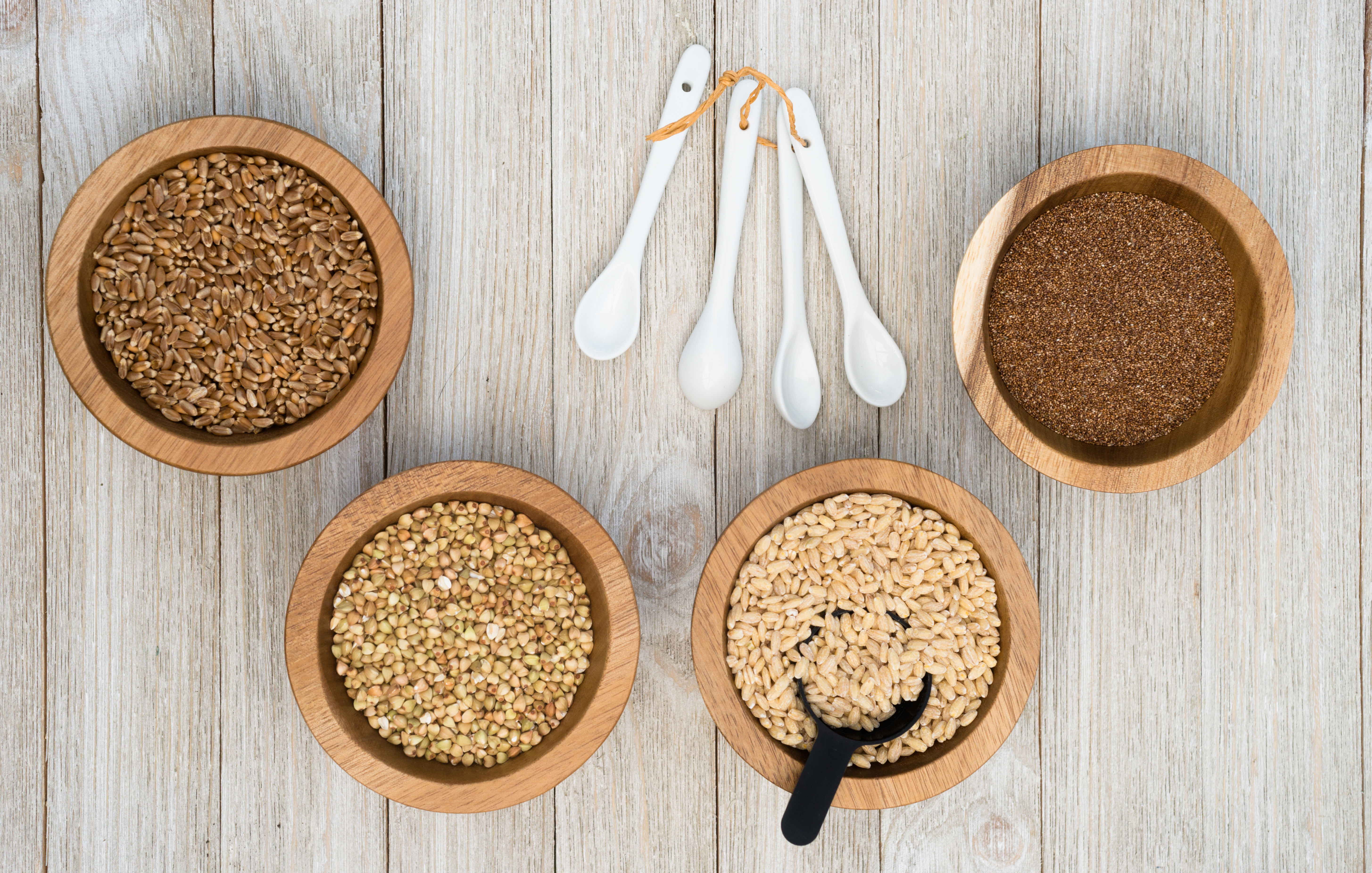10 Best Carbs to Maximize Post-Workout Recovery and Energy
In the realm of fitness and nutrition, carbohydrates often receive a mixed reputation. Some view them as the enemy to be avoided, while others see them as essential fuel for the body. However, when it comes to post-workout recovery, the role of healthy carbohydrates becomes undeniably crucial. After an intense workout, your muscles are depleted of glycogen, the primary fuel source derived from carbohydrates. Replenishing these stores is vital for recovery, muscle growth, and overall energy levels. This article delves into the world of power-packed healthy carbs, exploring their benefits, sources, and how they can rejuvenate and energize your post-workout routine. This comprehensive guide will explore various healthy carbohydrate options, their nutritional profiles, and how they can be seamlessly integrated into your diet for optimal post-workout benefits.
1. The Science of Carbohydrates and Muscle Recovery

Carbohydrates are macronutrients that break down into glucose, providing energy to cells throughout the body. During exercise, especially high-intensity workouts, your body taps into glycogen stores for energy. Depleting these stores can lead to fatigue and decreased performance. Post-workout, the body enters a state where it is primed to absorb nutrients, making it an ideal time to consume carbs to replenish glycogen levels. Research shows that consuming carbohydrates within 30 minutes to two hours after exercise significantly enhances glycogen resynthesis. This window of opportunity is critical for athletes looking to recover quickly and efficiently. Moreover, pairing carbs with protein post-workout has been shown to further enhance muscle repair and growth. Understanding this science underscores the importance of choosing the right carbs to maximize recovery and performance.
2. Whole Grains: A Nutrient-Dense Carb Choice

Whole grains are a powerhouse of nutrition, offering a rich source of complex carbohydrates, fiber, vitamins, and minerals. Unlike refined grains, whole grains retain their bran, germ, and endosperm, providing a complete nutritional profile. Options like quinoa, brown rice, oats, and barley are excellent choices for post-workout meals. Quinoa, often dubbed a superfood, is not only high in carbs but also a complete protein, containing all nine essential amino acids. Brown rice provides a steady release of energy, thanks to its low glycemic index. Oats are packed with soluble fiber, which aids in digestion and promotes satiety. Incorporating whole grains into your post-workout meals can help sustain energy levels and support muscle recovery, making them an indispensable part of a balanced diet.
